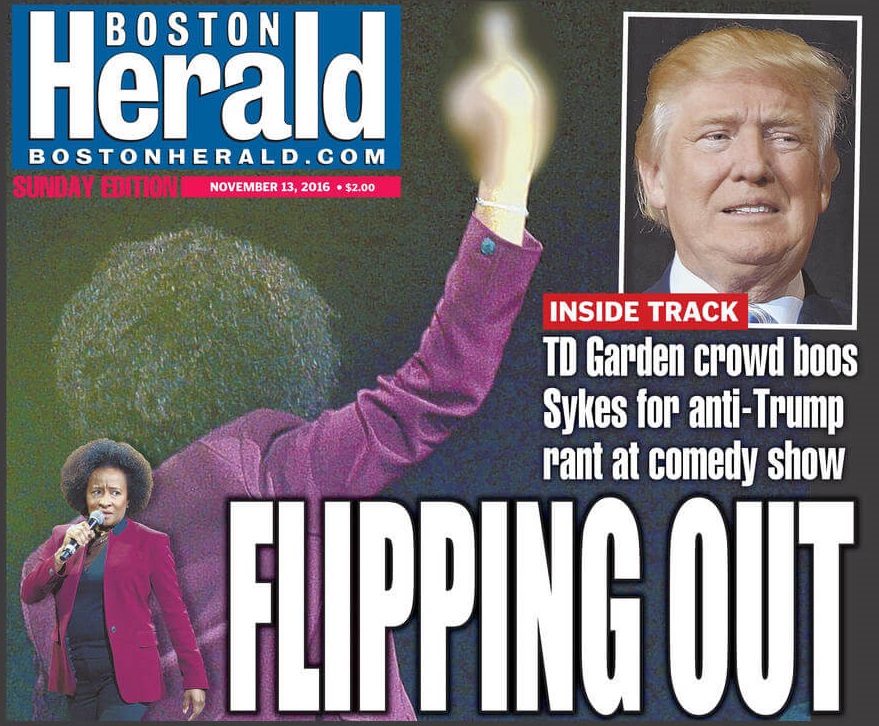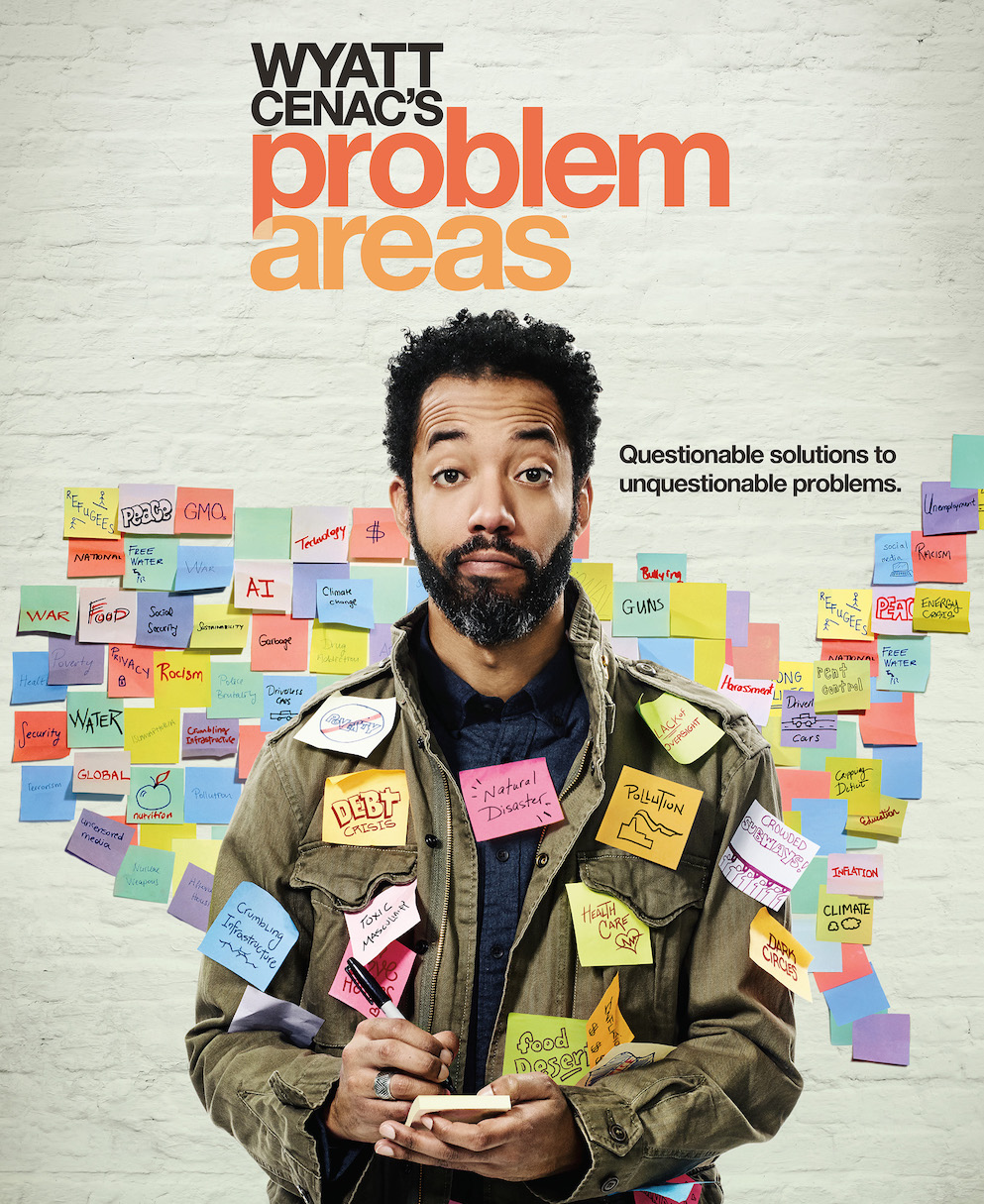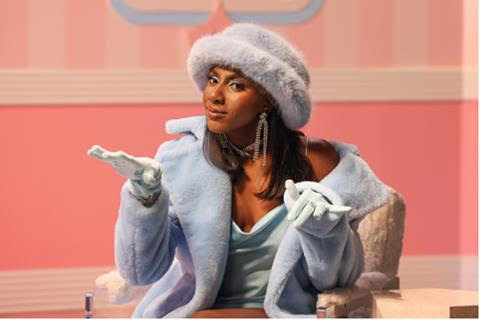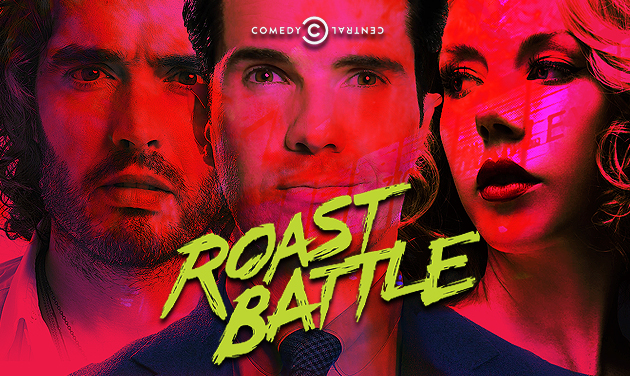We’ve all heard and seen the reports coming in from theaters and comedy clubs across the country this past year. Donald Trump’s divide-and-conquer presidential campaign, which currently has us in America facing a distinctly unique constitutional crisis, has influenced not just the behavior of Americans in public settings related to Trump such as his demagogue rallies of propaganda and from there to social media trolling, but also to the more intimate spaces of comedy venues.
It’s one thing if you’re a stand-up comedian bringing up the subject of politics or Trump in particular.
It’s quite another if you’re merely an improv or sketch performer asking for audience suggestions.
That’s what fractured the membership of The Second City’s mainstage cast this summer. Peter Kim, one of The Second City cast members to quit, wrote in November for VOX:
The vitriol in the audience intensified as the months passed; in the form of a man dragging his wife out of the theater while yelling “fucking liberals can go to hell!” a man calling me a faggot while I was exiting the stage, a man yelling “don’t clap for him” while I was in full drag, and a man yelling shit about me being Asian.
And then there was the incident that made me decide to quit Second City, and to take a step back from performing altogether. A man screamed that he was “sitting too close to a Mexican.”
Something that was happening to our nation was being reflected in our audiences. The idiots were transforming into pointed, angry mobs. This was way beyond heckling at a comedy club. It was hate speech, sanctioned by the biggest, most tremendous idiot of them all.
Now here we are in December 2016.
Just a month removed from Election Day, but still a few days before the Electoral College meets in the 50 state capitals plus Washington, D.C., to file the only official constitutional vote for President of the United States.
A Rolling Stone piece on Wednesday interviewed several comedians who perform stand-up in New York City and Los Angeles to find similar wariness among the comedians as well as an overall rise in bold, baldly aggressive heckling from audience members. One white audience member confronted a black comedian after a recent show at Gotham Comedy Club here in Manhattan, and as Jon Laster notified friends afterward on Facebook, “This white audience member after the show this weekend called me a ‘nigger.’ I blacked out for a second and decided to try and break his jaw. He said since Trump was president the country decided we can all start saying what we wanna saying again and ‘decide’ what’s right and wrong, as if he didn’t know. After he saw the look on my face he tried to take it back.” Laster didn’t end up hitting the audience member, realizing he might have been perceived by onlookers mistakenly as the bad guy.
Laster told the magazine he since has removed all political jokes from his act. “It’s just not worth it,” he said. “I don’t want to throw barbs out there, pissing people off without really adding anything to the conversation.”
Aparna Nancherla, in her essay for this week’s Village Voice, has an approach I find most agreeable.
Nancherla, like I do, finds that Trump is not a boon for comedians and comedy writers as much as he is a boondoggle. And actually much worse. So joking about Donald’s hair or his Twitter tantrums isn’t just hack already, it’s downright failing to do your job, our job, my job, as comedians/critics of society. As she writes (bold italics hers), “Don’t let this become normalized. This is not normal.”
“As comedians, it is up to us to overturn and shake and deconstruct and weigh every system that governs life. This work, my work, feels more active now, more important. I feel driven to express my strong opinions and to challenge people’s thinking, even when it’s scary or inconvenient. To remain stolid in the face of trolls, of which there were always many but now even more.
Comedians make sense of the world through sharing, and often skewering, common perceptions of it. We’re certainly not going to topple the power dynamics in this country, but every voice has power — a lesson we learned dearly this election. It’s an idealistic notion, but I am a comedian, and I can project my voice more widely than many. I can still crack a joke. I can still post a tweet. I can still go onstage. For as long as I am able, that’s exactly what I’ll do.”
You tell them, Aparna! And by them, I mean us, too.




